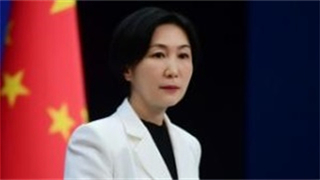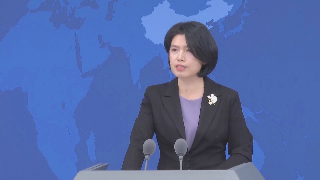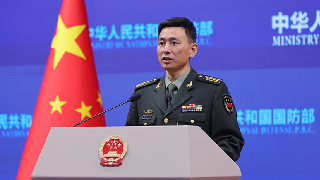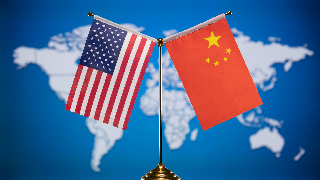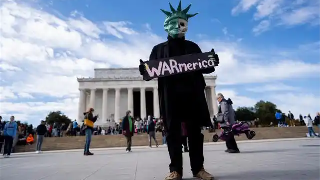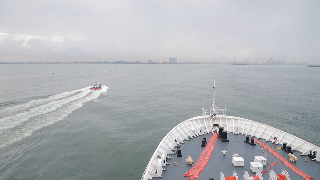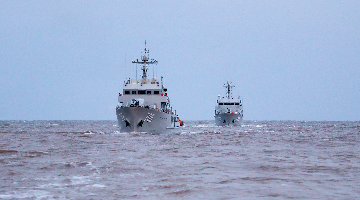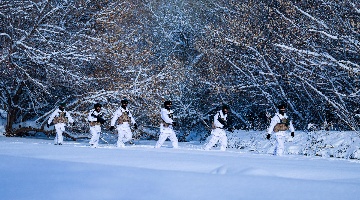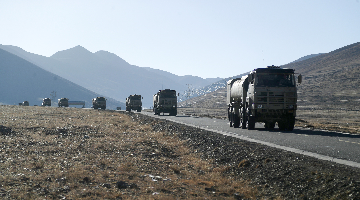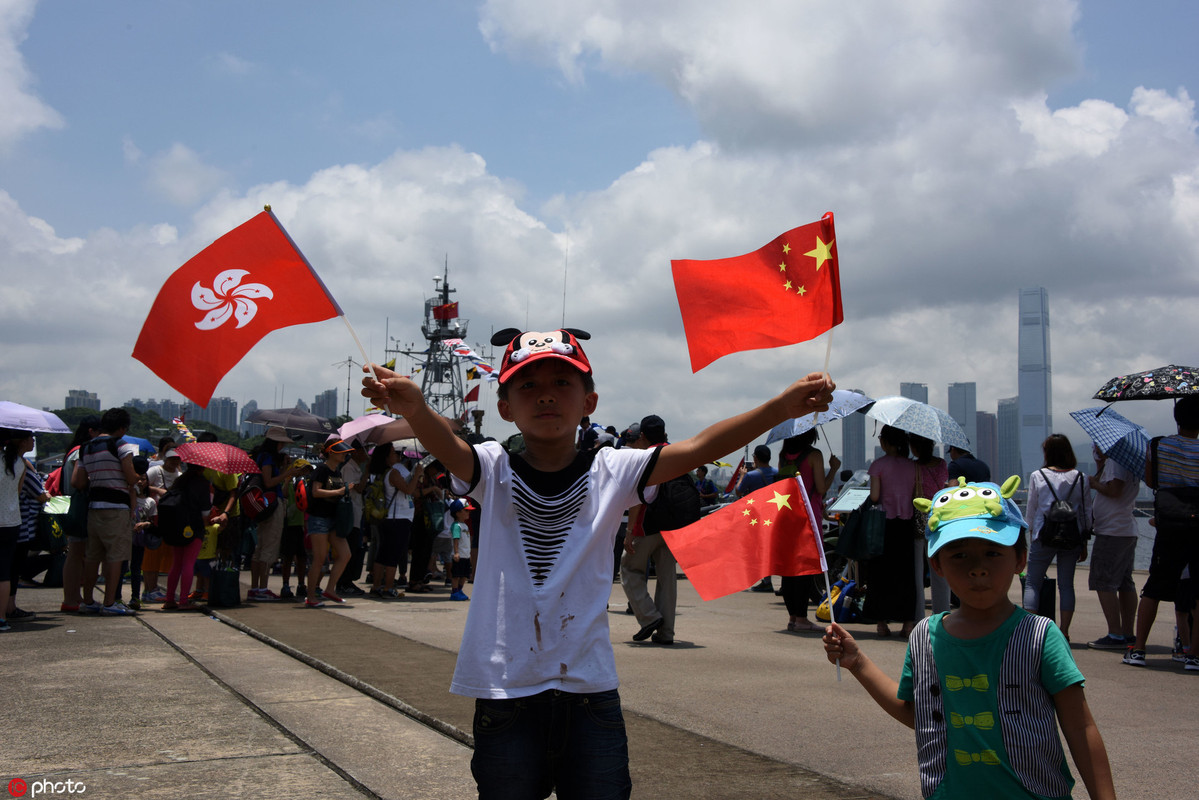
Warships' visits untimely, would send wrong signal to protesters, experts say
Experts said requests for port visits in Hong Kong by the US Navy are untimely and inconvenient given the massive protests plaguing the special administrative region as violent radicals have intensified their attacks on police, obstructed public transport and commerce and threatened local residents' lives and properties.
The Chinese government has the right to review and approve foreign naval warships' port call requests on a case-by-case basis, in accordance with the principles of national sovereignty and development of circumstances at the time, experts said.
The United States Pacific Fleet's deputy spokesman, Nate Christensen, said on Tuesday that China has denied scheduled port visits in Hong Kong by the amphibious transport dock ship USS Green Bay for Saturday and by the guided-missile cruiser USS Lake Erie in September.
US naval ships arriving now would send an "extremely dangerous and wrong" signal to Hong Kong's rioters that their actions have the support of the US military, thus stirring up new trouble and escalating tension to perilous heights, the experts added.
The last US warships to visit Hong Kong were the USS Blue Ridge amphibious command ship and the US Coast Guard Cutter Bertholf in April. Last week, the US State Department issued an advisory warning urging travelers to Hong Kong to "exercise increased caution" due to "confrontational protests".
Port calls often serve as a barometer of China-US ties. Last year, China canceled the visit to Hong Kong of amphibious assault ship USS Wasp after Washington approved a $330 million sale of military equipment to Taiwan and sanctioned the Chinese military over a Russian arms deal.
In 2016, aircraft carrier USS John C. Stennis and four ships in its strike group were denied port visits to Hong Kong after the US criticized China's activities in the South China Sea. China also denied similar visits by US warships in 2014 and 2007.
Warship port calls to Hong Kong are defense and diplomatic affairs that require special permission by the central government in Beijing, according to the Basic Law of the HKSAR. The Hong Kong government is tasked with hosting and carrying out the details of such events.
Port call activities typically consist of diplomatic exchanges, repairs, refueling, restocking of supplies and local tours, shopping and other friendly and relaxing activities. The Consulate General of the United States in Hong Kong and Macao is tasked with submitting requests and other information regarding US naval port calls.
Li Haidong, a professor of US studies at China Foreign Affairs University, said the US Navy has a long track record of port visits to Hong Kong given its strategic location, and requests for such visits must be submitted in advance.
"Hong Kong has been in turmoil for months now. Coincidence or not, the US Navy couldn't have picked a more terrible time for a port call. It feels highly suspicious and does not take the feelings of the Chinese people into consideration," Li said.
"There is no way the US military doesn't know the situation in Hong Kong, especially when mounting evidence shows US meddling in China's domestic affairs," he said. "US warships visiting now would inevitably send a very dangerous message in support of the rioters, which is detrimental to the city's peace and stability."
China has repeatedly accused the US of interfering in Hong Kong affairs and urged it to stop. While the US has denied the accusations, US politicians and media have frequently slandered efforts by Beijing and the Hong Kong police to maintain social order and voiced their support for the protesters.
"The chaos in Hong Kong has US fingerprints all over it," Li said. "The US is hoping to turn Hong Kong into another source of leverage it can use to pressure China. China highly values Sino-US ties, but this relationship must be built on the bedrock of the US respecting China's sovereignty."
Yuan Zheng, director of US foreign relations research at the Institute of American Studies under the Chinese Academy of Social Sciences, said the US has been a major external force fueling the current turmoil in Hong Kong by funding and training protestors, as well as whitewashing their violent actions.
"Denying port visits means China is very displeased with the deep US involvement in its domestic affairs," Yuan said.

